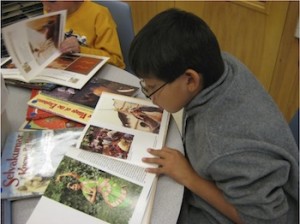By Andrea García, Hofstra University, Hempstead, New York

As we begin the month of February, it is difficult to escape the constant push for celebrating friends and loved ones with chocolates and diamond hearts. And in thinking about the idea of appreciating the important relationships in our lives, I decided that celebrating our relationships as readers can offer an alternative for framing the conversation. For this reason, I have selected to focus this month’s blog on inviting you to celebrate the relationships we forge as readers through our sharing of books and stories. As Giorgis, Bedford, and Fabbi (2008) describe, “Literature can… provide an impetus for strengthening relationships-such as that between a parent and child, or a teacher and student, or within a community of learners. Additionally, many readers form instant and lifelong connections to books, returning to these texts and re-reading them throughout their lives” (p. 5). Continue reading →
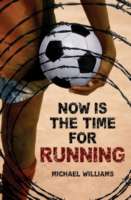


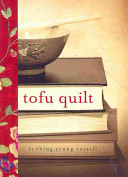
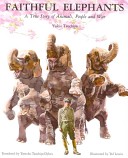 I’m Dr. Martínez-Roldán, Associate Professor at Teachers College, Columbia University. During March I will be inviting educators, teachers, and librarians to share their experiences using international children’s and adolescent literature in their teaching. Each week I will feature the experience of an educator and hope that the reader will feel inspired to share her/his own experiences as a reader of the featured books. In this first blog, Dr. Jo-Beth Allen from the University of Georgia tells us how she uses literature in her university writing courses.
I’m Dr. Martínez-Roldán, Associate Professor at Teachers College, Columbia University. During March I will be inviting educators, teachers, and librarians to share their experiences using international children’s and adolescent literature in their teaching. Each week I will feature the experience of an educator and hope that the reader will feel inspired to share her/his own experiences as a reader of the featured books. In this first blog, Dr. Jo-Beth Allen from the University of Georgia tells us how she uses literature in her university writing courses.  During the weekend of March 8 and 9, 2013, Tucson will host one of the biggest gatherings of children’s authors and illustrators during the
During the weekend of March 8 and 9, 2013, Tucson will host one of the biggest gatherings of children’s authors and illustrators during the 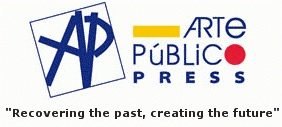
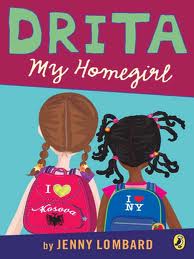

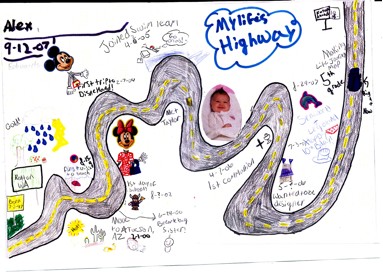 The Common Core State Standards put a major emphasis on the close reading of texts, recommending that students find and cite evidence in the text as they discuss key ideas and details, craft and structure, and knowledge and ideas. Text analysis is viewed as bringing rigor to reading with an emphasis on higher level critical reading skills. Any text read to or by students is used for instructional purposes, to teach something. If students respond to a text by talking about what it reminds them of from their lives, teachers are to steer students back to the task and ask them to talk about what the story is about—to get the details and to support their statements by citing evidence in the text. Text-dependent questions and evidence, not connection, are valued.
The Common Core State Standards put a major emphasis on the close reading of texts, recommending that students find and cite evidence in the text as they discuss key ideas and details, craft and structure, and knowledge and ideas. Text analysis is viewed as bringing rigor to reading with an emphasis on higher level critical reading skills. Any text read to or by students is used for instructional purposes, to teach something. If students respond to a text by talking about what it reminds them of from their lives, teachers are to steer students back to the task and ask them to talk about what the story is about—to get the details and to support their statements by citing evidence in the text. Text-dependent questions and evidence, not connection, are valued. 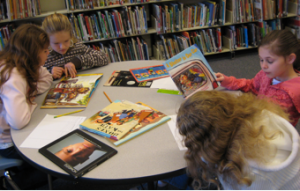 One aspect of the Common Core State Standards that has received a great deal of attention is the increased focus on informational texts. The CCSS document calls for 50/50 split between informational and literary texts in kindergarten, gradually increasing to a 70/30 split in high school.
One aspect of the Common Core State Standards that has received a great deal of attention is the increased focus on informational texts. The CCSS document calls for 50/50 split between informational and literary texts in kindergarten, gradually increasing to a 70/30 split in high school.